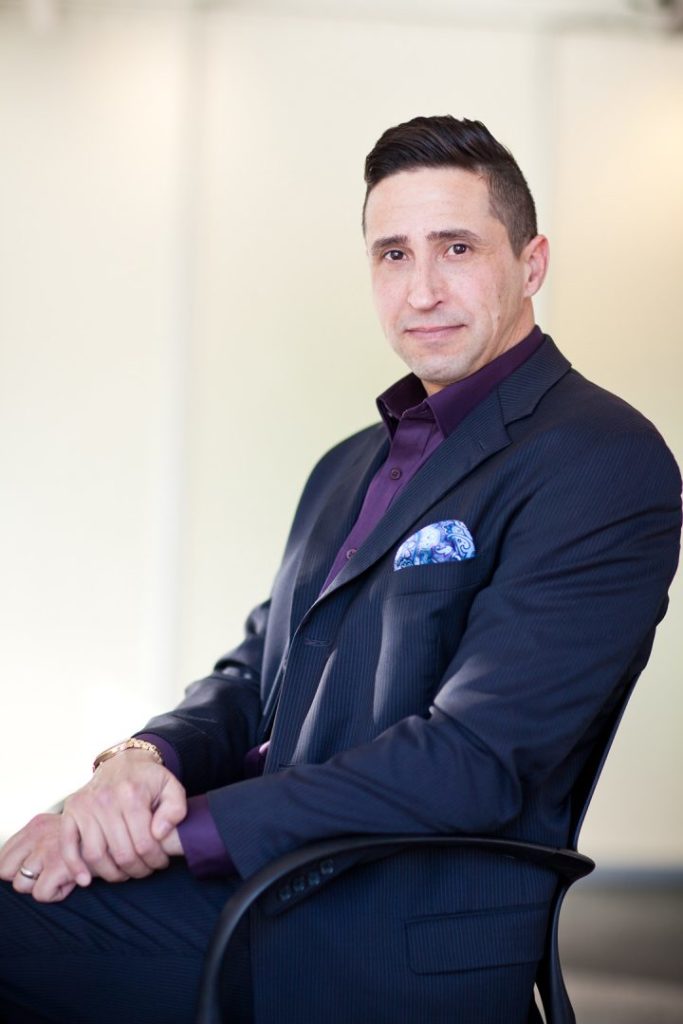According to Kirk Angus Johnson, he is taking King’s Master of Fine Arts in Creative Nonfiction to help him straighten his life out. Johnson returned to education in 2017 after leaving the Canadian Armed Forces due to a PTSD diagnosis. “Taking the MFA program falls under a vocational retraining program offered by the military for medically released veterans,” he explained. Johnson wanted to learn about what happened to him and others like him. It has been a cathartic experience and one he knew he needed to explore. He is now looked at as one of the country’s up and coming writers.

Kirk Angus Johnson tackles difficult subject matter in Some Kind of Hero, for which he was selected for the RBC Taylor Prize Emerging Writers Mentorship. (photo credit: RBC Taylor Prize)
Johnson is one of five people who were just selected for the 2019 RBC Taylor Prize Emerging Writers Mentorship Program. The program helps promising writers on to the next step of their career and offers professional development seminars that focus on the business side of writing.
“I am hoping the experience will help improve my writing and it will give me an opportunity to get out there and talk about my project,” Johnson said. He will be working with his mentor, award-winning novelist Kate Harris who is finalist for the Taylor Prize. “Becoming more conversant and comfortable talking about the themes explored in my book is certainly something I have to work on,” he said.
The subject matter of Johnson’s book is not easy to talk about. Some Kind of Hero studies Cpl. Lionel Desmond. Desmond was a Nova Scotia veteran suffering from PTSD when, in 2017, he killed his wife, daughter and mother before turning the gun on himself. “[The book] explores whether Lionel was a hero, as many of his family and friends described him, who fell through the cracks of an over-burdened veteran system, or a monster who may not be all that different from other spouses who kill their partners.”
“It’s a tough, big and morally-complex story, but one that is meaningful for me. “
Although they did not know each other, Johnson and Desmond had similar experiences. The two were in the same infantry regiment but at different times. They both grew up in small African-Canadian communities in Nova Scotia. They both returned to their communities forever changed by war.
“I am able to speak from the heart about the psychological costs of being trained for war, but also about the added pressures of coming of age in a small community like so many other small towns, forgotten and struggling,” said Johnson. “Though my book has elements of a diversity story—for instance education, gender, poverty and identity are explored as factors in what happened—I am hoping it will appeal broadly to anyone interested in reading a story about the human condition and its vulnerabilities.”
Johnson’s hopes may have been answered. Before he was even selected for the mentorship program, five publishers offered him a deal for Some Kind of Hero. It will be published by Penguin Random House in 2021. Johnson credits King’s MFA program for helping to him get to that point. He learned to put a book proposal together, develop a strong sample and how to get it to the right people. “I still can’t get over just how practical a program like this is for anyone interested in becoming a writer,” he said. “It’s just incredible how connected this program is within the writing community as a whole and without this program and the close guidance it offered, who knows where I would be.”

